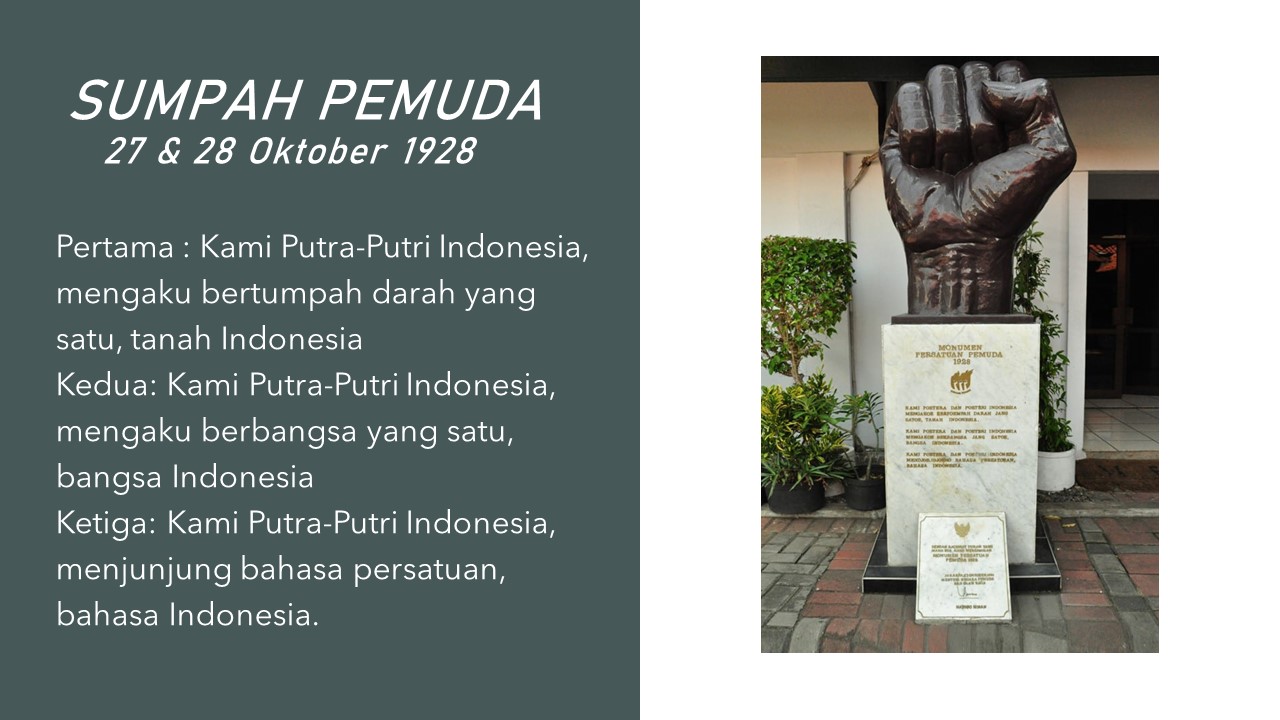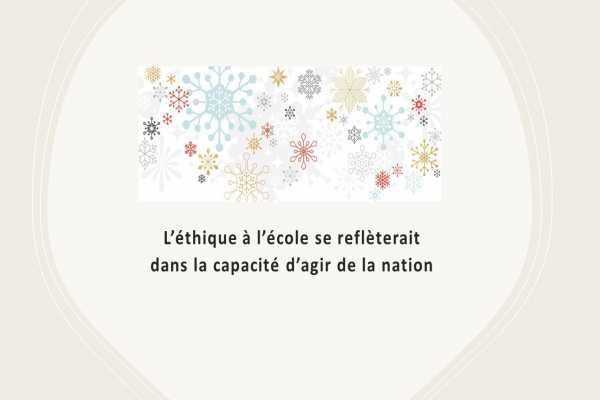The journey of a child’s future man is a complex one. It requires careful attention to both inner and outer resources. As stated earlier, the child uses intrinsic abilities to develop independence, but this is not sufficient. Outer aid resources are also essential in helping the child succeed in reaching their goal of independence.
One of the most critical outer resources is education. The Montessori philosophy emphasizes the importance of allowing children to construct himself, which means providing the child with an environment that nurtures his natural inclinations and interests. The eight pre-determined psychic patterns – law of work, law of independence, power of attention, development of will, development of intelligence, development of imagination and creativity, development of emotional and spiritual life, and stages of growth – provide a framework for understanding how children develop and grow.
Two conditions must be satisfied for a child to achieve independence: freedom and a prepared environment. Freedom within limits is key in the Montessori classroom; the child must be free to progress at his own pace while respecting others, materials, environment, and himself. The prepared environment includes structure and order, reality and nature, beauty and atmosphere. Montessori materials are designed with specific principles in mind: they have a definite purpose that is meaningful to the child; they start simple but become more complex over time; they teach indirectly for future learning; they facilitate auto-education by allowing children to correct their own errors.
Psychological guidance plays a crucial role in helping a child develop his willpower and self-discipline through voluntary obedience. A good-trained teacher should possess several characteristics such as being passive yet full of scientific curiosity; responsible; systematic observer; experimenter; programmer; evaluator; respecter and protector; supporter; facilitator; demonstrator; peacemaker.
Parental involvement is also critical in supporting a child’s journey towards independence. Parents who exhibit passive attitudes while being eager to learn new things for their child can help create an optimal learning environment.
The Montessori classroom values equality over competition by avoiding punishment or reward systems while excluding religious teaching from its curriculum.
In conclusion, attaining independence is not only about using inner abilities alone but also about utilizing outer resources such as education that nurtures natural inclinations. By providing freedom within limits through a prepared environment filled with Montessori materials designed with specific principles in mind along with psychological guidance from trained teachers who possess several characteristics can lead towards achieving this desirable condition. Parental involvement also plays an important role in supporting this journey towards independence without relying on punishment or reward systems while excluding religious teachings from its curriculum.












































